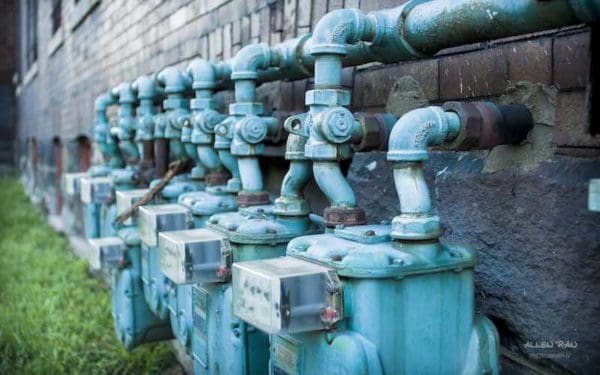Five Things to Know About the New Nine-State Heat Pump Pledge
Maine, Massachusetts, and Rhode Island join six other states in promising to cut climate pollution from buildings via electric heating.
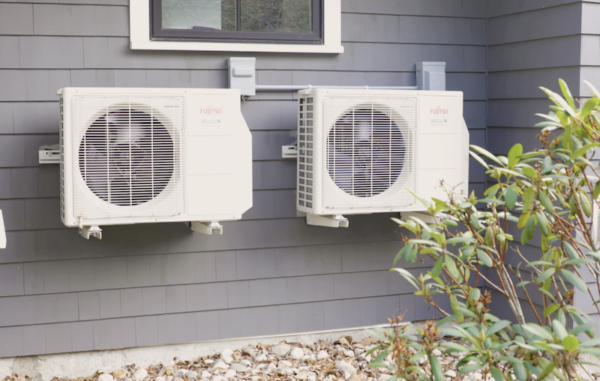
Maine, Massachusetts, and Rhode Island join six other states in promising to cut climate pollution from buildings via electric heating.

If state regulators approve their requested rate hike, gas bills will only get more expensive, and Connecticut will continue its dependence on polluting fossil fuels.
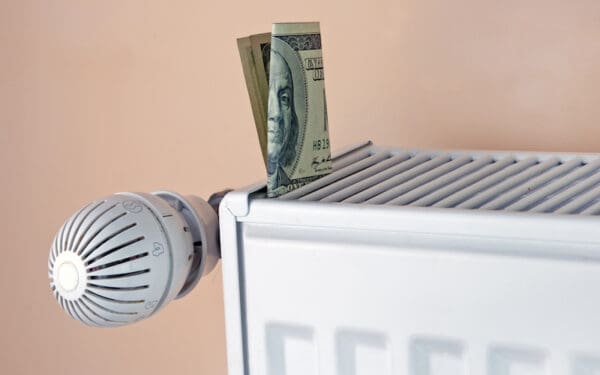
“Offshore wind energy is essential to Maine’s future,” said Sean Mahoney, Vice President of CLF Maine. “Offshore wind will grow our economy and help us meet our obligations to ditch polluting fossil fuels. It’s critical that this process is now moving forward and we’re one step closer to getting this clean energy on the grid.”
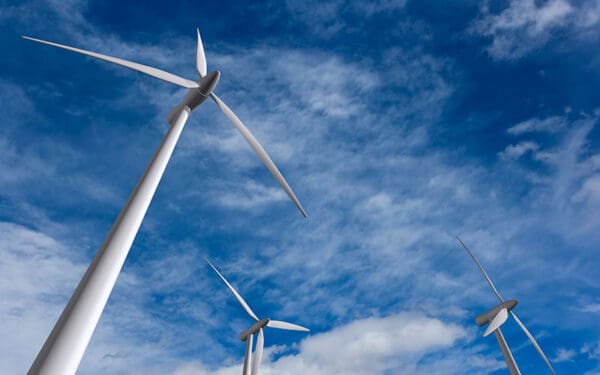
A new bill, H.289, would update VT’s standard to increase the amount of clean energy powering the state, which will slow climate change and help protect our communities
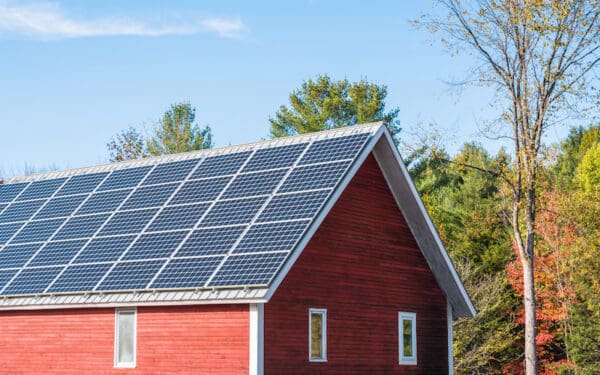
Vermont can make Big Oil pay for its role in climate change with the Climate Superfund bills.
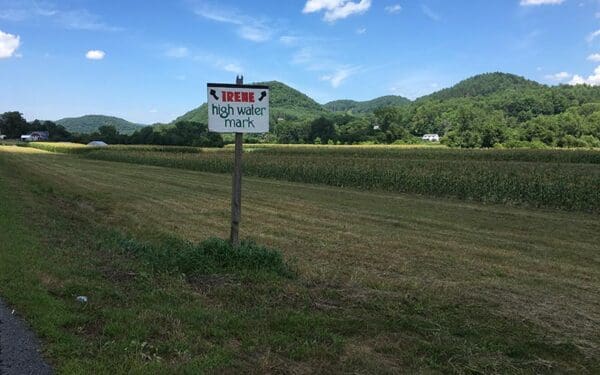
CLF is fighting to enforce anti-idling laws and protect communities from tailpipe pollution.
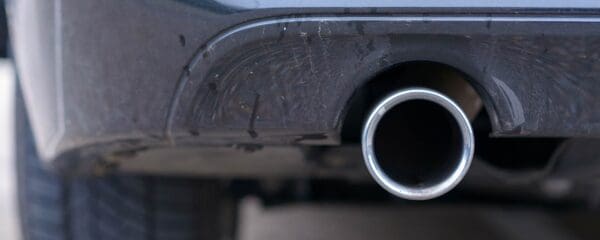
Greg Berger, owner of Spring Ledge Farm in New London, talks about his experience with climate change.

“The fact that the PUC will begin considering the climate impacts of polluting fossil gas is a definite step in the right direction,” said CLF Senior Attorney Emily Green. “But committing to three more decades of gas flies in the face of Maine’s binding climate targets at a time when we’re already seeing extreme weather connected to the climate crisis. Our leaders and agencies must do more than talk the talk and CLF will ensure that they walk the walk regarding our mandated emissions targets.”
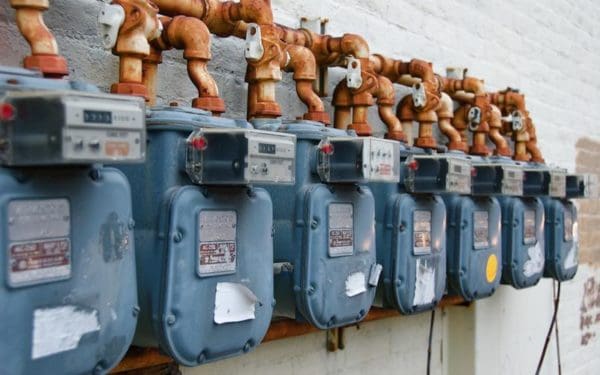
Weather whiplash, unpredictable weather patterns and extreme weather are becoming increasingly frequent. These are changes we can see and feel and it’s time to prepare.
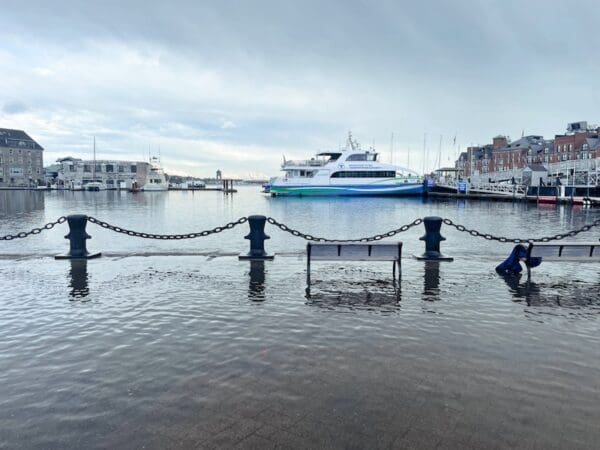
“Fossil gas is polluting our planet and harming Mainers right in their own homes,” said Emily K. Green, Senior Attorney at CLF Maine. “We can’t keep talking out of both sides of our mouths, setting aggressive climate mandates while allowing gas utilities to carry on with business as usual. It’s past time to take a hard look at the ever-expanding gas network and plot our transition away from fossil fuels for good, and this bill is a great step in that direction.”
